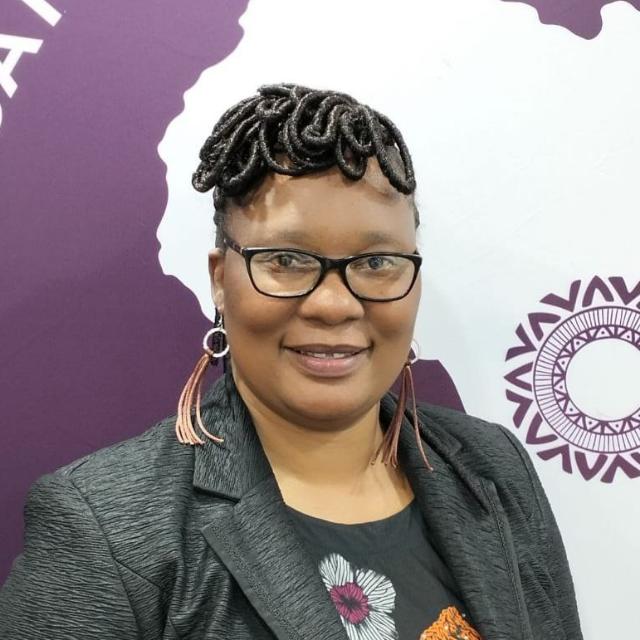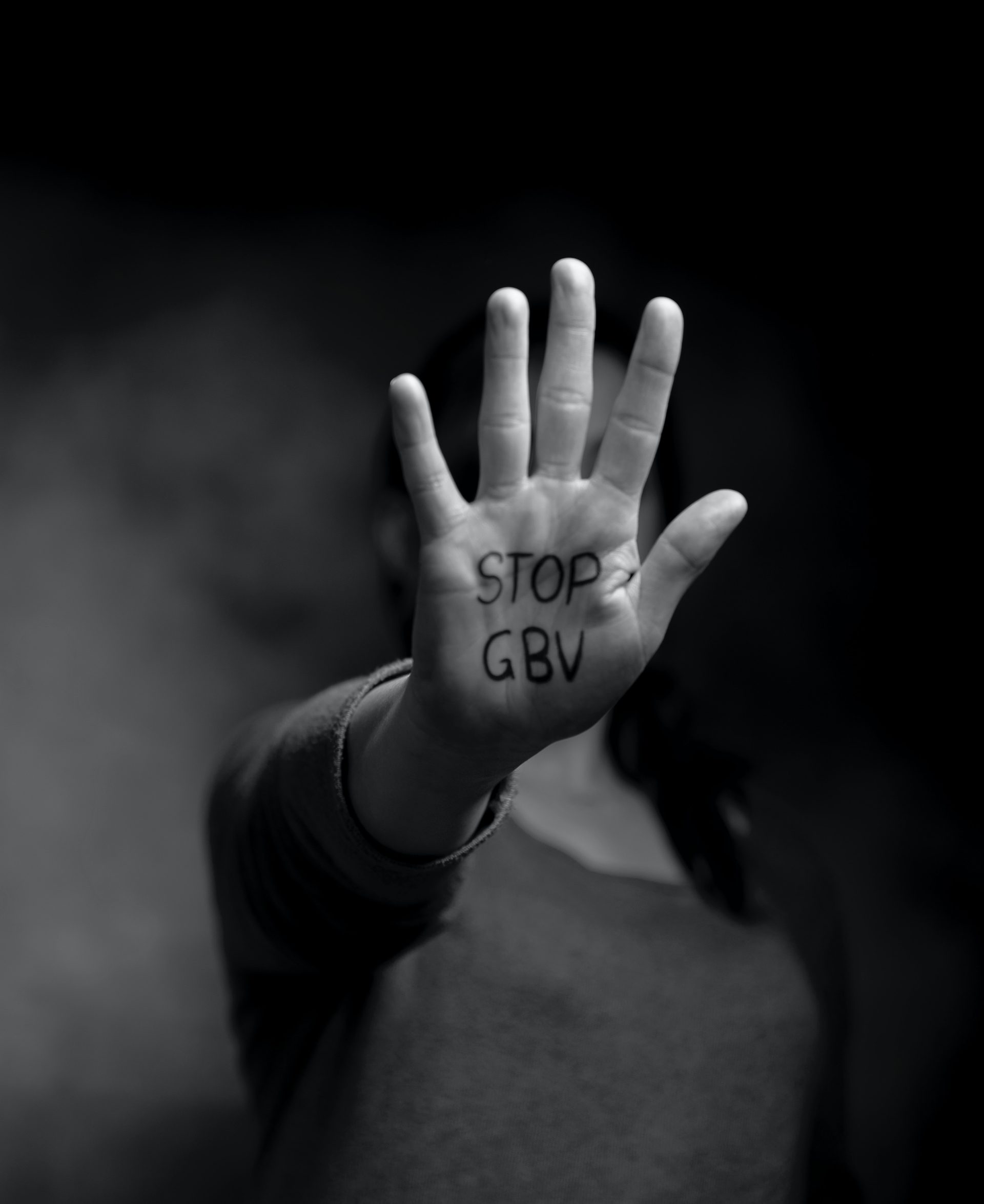By Bongiwe Zwane-Maseko
The government’s reluctance to declare gender-based violence (GBV) as a national emergency will have far-reaching socio-economic impacts on the people of Eswatini.
That is the view of Africa Regional Coordinator of the One Billion Rising Campaign, Colani Hlatjwako who added that besides digging deep into survivors’ pockets, it will also have far-reaching psychological consequences which will also cost the taxpayer dearly in the future if not addressed.

She said the declaration of GBV as a national disaster was long overdue but as organisations, they will continue to harp on until they are heard. The Coordinator said declaring the scourge a national emergency will allow Eswatini to develop a national response to GBV and this includes issues of making a concrete assessment or analysis of the socio-economic impact of GBV in the country and develop programmes that are going to respond at a national level.
She said having a well-funded national response programme would ensure that the issue is addressed comprehensively.
“As a country, we do not have holistic, clear, and well-funded strategies for ending GBV. Government must allocate a budget for ending GBV. As it is, the very institutions that should be running with this do not have resources. Government must ensure adequate victim support services,” she said.
Despite calls for the government to do more, the Deputy Prime Minister has admitted that GBV was already out of control but stated that declaring it as a national crisis alone was not the solution.
He said such initiatives had been undertaken on other issues with little to no improvement.
“Let us all come together as a nation to find a solution to ending GBV and not look to Government alone.” The DPM further challenged civil society, traditional authorities, families, and the nation at large to come up with a proposal on how this could be addressed.
Hlatjwako said Eswatini faces gender equality issues that are perpetuated by socio-cultural practices and have resulted in violence against all women, under-representation of women in decision-making structures, and continued disregard of the Constitution and laws that are aimed to promote women’s participation by government and those in Authority.
 “Despite the increase in cases of violence and a number of petitions, the government is reluctant to declare GBV as a national crisis. Based on this, there is a need to strengthen interventions by bringing everyone to the forefront and coming up with sustainable strategies”.
“Despite the increase in cases of violence and a number of petitions, the government is reluctant to declare GBV as a national crisis. Based on this, there is a need to strengthen interventions by bringing everyone to the forefront and coming up with sustainable strategies”.
“This Saturday, we will be hosting a Convention that builds on the ongoing conversations that are held during the community circles’ discussions on ending GBV hosted by One Billion Rising and Journey of Hope for Girls and Women Eswatini. A Consolidated statement on ending violence against women will be an outcome of this event. The success of the community circles will also be shared during the convention to inspire more communities to establish more circles”, she said.
Hlatjwako said part of the Convention will also be a celebration of One Billion Rising 10 years of Existence. She invited the public to attend the convention, to be held at the Mavuso exhibition and sports ground open arena in Manzini. The Convention will bring about 3 000 women, men and youth from communities.


